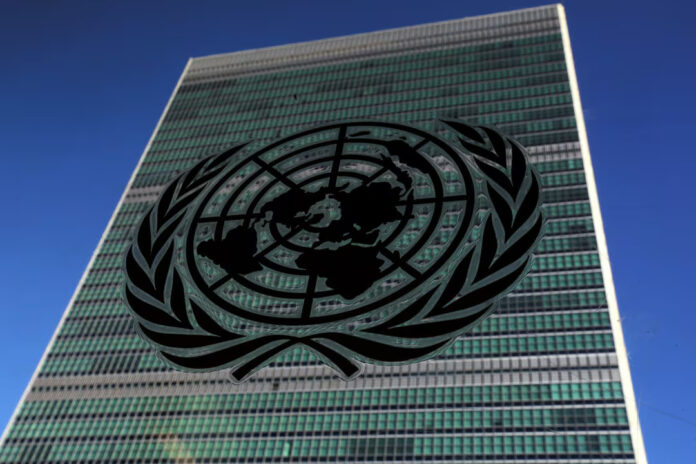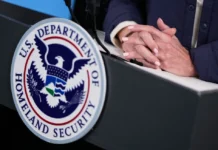
A landmark United Nations cybercrime treaty aimed at combating offences that cost the global economy trillions of dollars annually is set to be signed in Vietnam’s capital, Hanoi, this weekend by around 60 countries.
The convention, which will come into force once ratified by at least 40 nations, seeks to streamline international cooperation in the fight against cybercrime.
It covers a wide range of digital offences, from phishing and ransomware to online trafficking and hate speech,and is being hailed as the most ambitious global framework to date for tackling cyber threats.
“Cyberspace has become fertile ground for criminals… every day, sophisticated scams defraud families, steal livelihoods, and drain billions of dollars from our economies,”
U.N. Secretary-General Antonio Guterres said at the opening ceremony. “The U.N. Cybercrime Convention is a powerful, legally binding instrument to strengthen our collective defences against cybercrime.”
Vietnamese President Luong Cuong described the signing as a milestone for international cooperation.
“This not only marks the birth of a global legal instrument, but also affirms the enduring vitality of multilateralism, where countries overcome differences and shoulder responsibilities together for peace, security, stability, and development,” he said.
However, the treaty has drawn criticism from human rights activists and technology firms over concerns that its broad definitions could enable surveillance and censorship.
The Cybersecurity Tech Accord, which includes major companies such as Meta and Microsoft, labelled it a “surveillance treaty,” warning it could facilitate cross-border data sharing among governments and criminalise ethical hackers who test systems for vulnerabilities.
In response, the U.N. Office on Drugs and Crime (UNODC), which led negotiations, stressed that the agreement contains safeguards for human rights and supports legitimate cybersecurity research.
Diplomats and officials from the European Union, the United States, and Canada are among those expected to sign the treaty in Hanoi.
Vietnam’s role as host has also stirred debate. The U.S. State Department recently cited “significant human rights issues” in the country, including online censorship, while Human Rights Watch reported that at least 40 people have been detained this year for expressing dissent online.
Despite the controversy, Hanoi sees the treaty as a chance to boost its global standing and strengthen its cyber defences amid a surge in attacks on critical infrastructure.
Source: Reuters
Written By Rodney Mbua


















